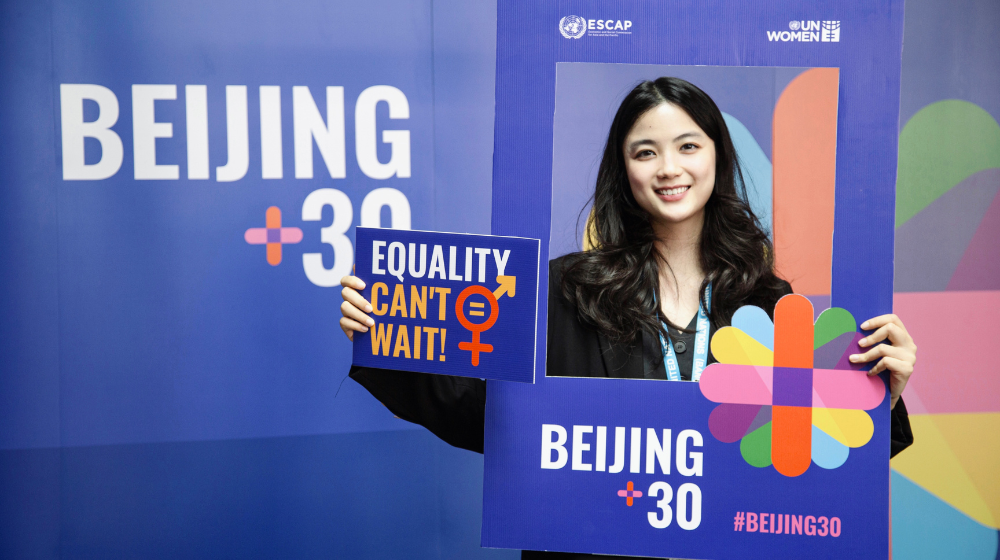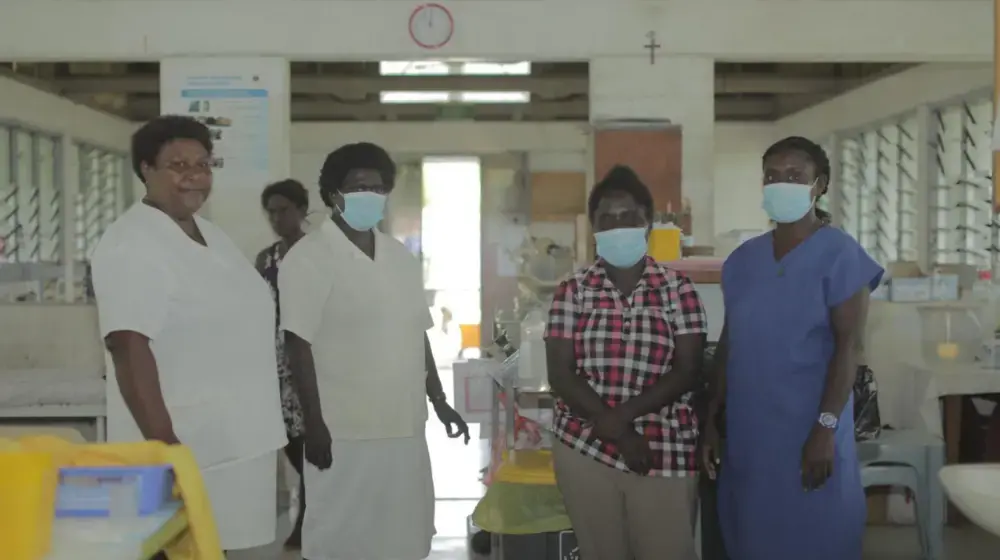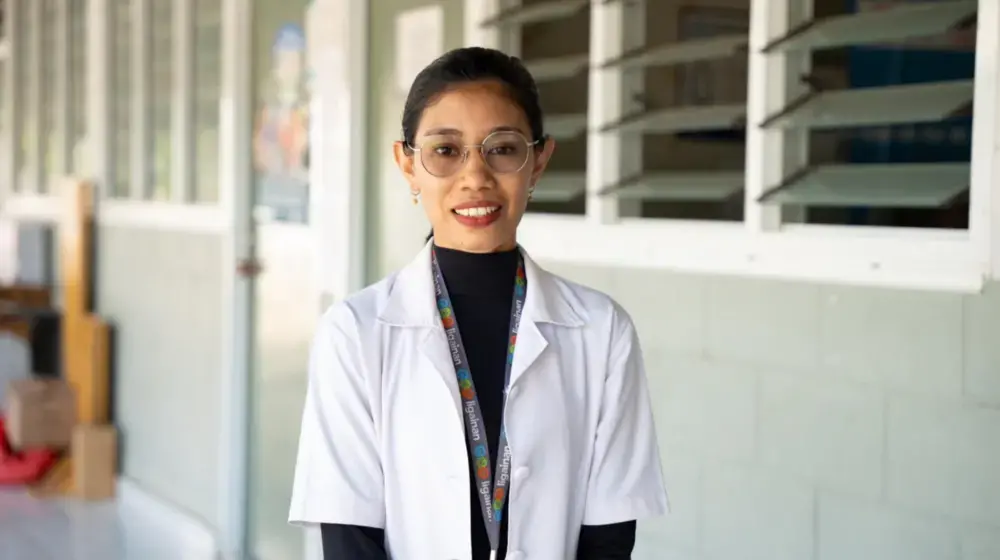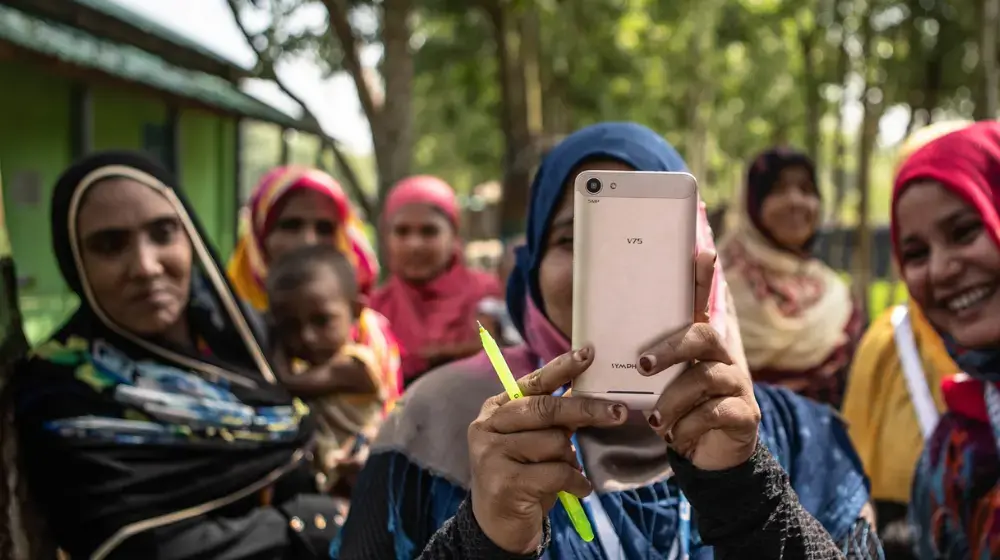In 1995, countries around the world committed to the Beijing Declaration and Platform for Action, a landmark framework calling for urgent measures to achieve gender equality.
Over the past three decades, progress has been made in women's education, health and political representation, and more. Yet, significant barriers remain. Discriminatory social norms, gender-based violence and the disproportionate burden of domestic work continue to hinder women’s empowerment. Alarmingly, in some areas, progress toward gender equality is not just stalling - it is regressing.
As the world approaches the 30th anniversary of the Beijing Declaration in 2025, now is the moment to reflect on achievements and accelerate efforts to address persistent challenges.
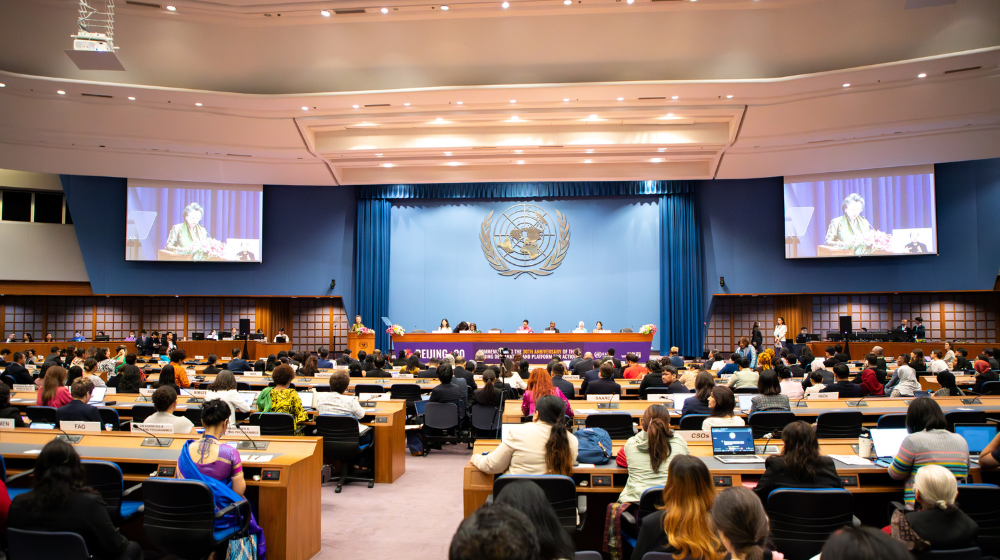
This week, representatives from governments, civil society, youth, the private sector, UN entities and experts from across the region convened in Bangkok at the Asia-Pacific Ministerial Conference on Beijing+30 held from 19 to 22 November to review progress and chart a path forward. UNFPA, the United Nations sexual and reproductive health agency, played a key role in the discussions, emphasizing that sexual and reproductive health and rights remain a cornerstone of gender equality and women’s empowerment and a pivotal pathway to sustainable development.
Delivering UNFPA’s statement, the Regional Director for Asia and the Pacific, Mr. Pio Smith, urged countries to take coordinated action.
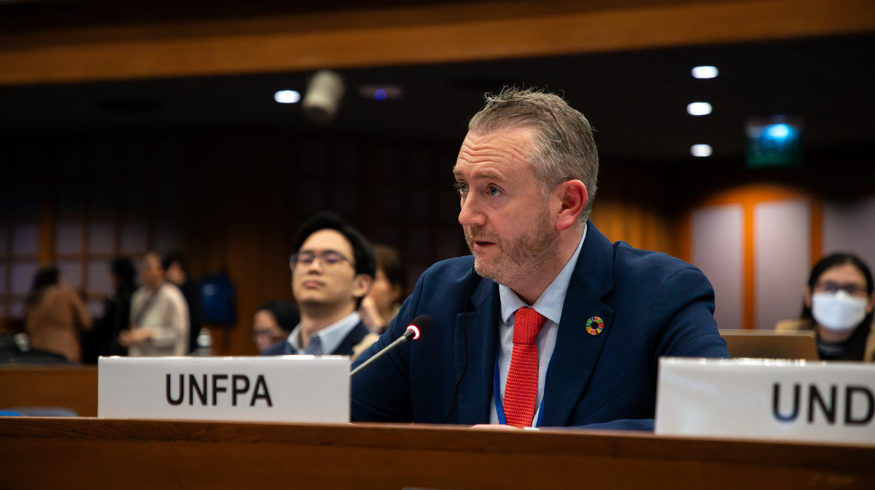
“For far too many women and girls, the gains we champion are not yet felt. Significant inequalities and vulnerabilities persist, particularly when it comes to sexual and reproductive health and rights. It is critical for countries and communities to collectively develop and implement strategies based on human rights, policies that are comprehensive and forward-thinking, and investments that are gender-responsive and sustainably financed.”
Throughout the three-day conference, UNFPA brought to the table pressing issues, including shifting demographic dynamics, climate change, technology-faciliated gender-based violence, urbanization and migration, youth health and education, and the need for increased investments, financing and policy reforms. These discussions reinforced the urgent need for accelerated and collective action to achieve the ambitions of the Beijing Declaration and the Sustainable Development Goals.
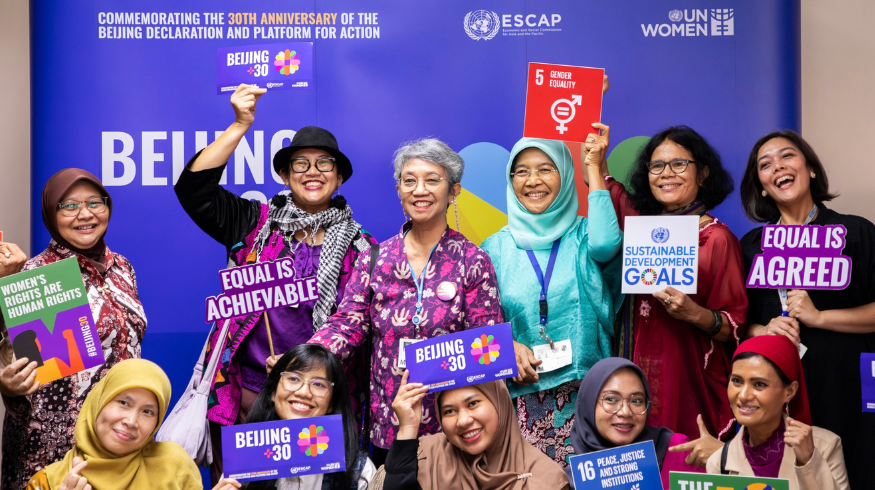
The conference concluded with a shared recommitment amongst delegates to collaborate and accelerate efforts to fulfill the promises of the Beijing Declaration. UNFPA reaffirmed its leadership in advancing gender equality and women’s empowerment by working closely with regional partners to create a future where all women and girls can thrive and reach their full potential while exercising their full agency and choice.
As the Beijing+30 milestone approaches, the collective voice from Bangkok is clear: the time for gender transformative action is now.

